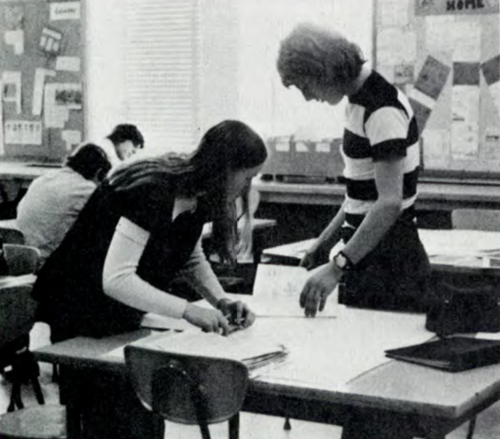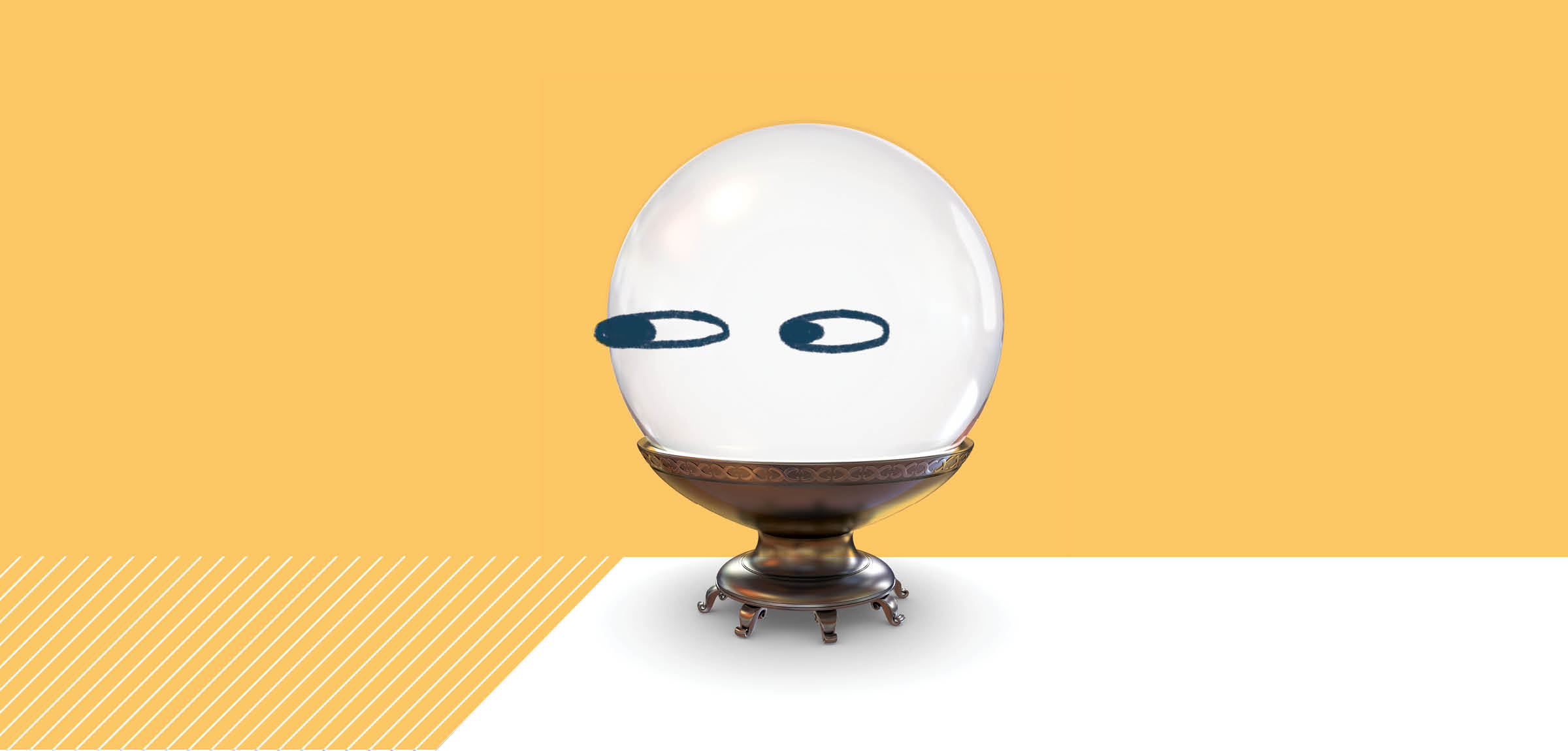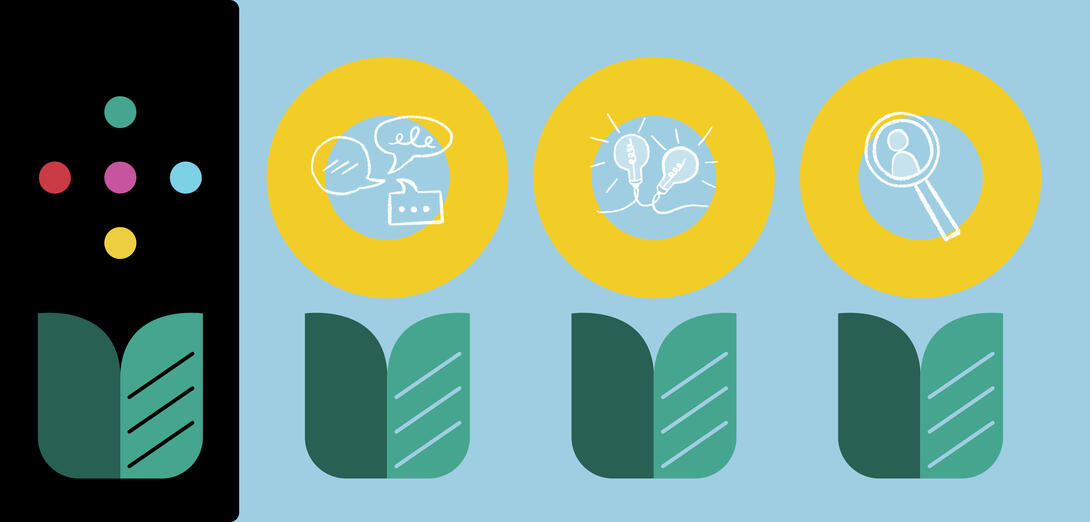Archival issues of the ATA Magazine can be just as relevant now as they were when originally published,
or they can remind us how far we’ve come. You decide.
Check out these items from the May/June 1975 issue of the ATA Magazine, which applied critical thinking to the teacher’s role and to education for the common good.

In my short career as a teacher, I have often heard the terms "traditional," "modern," "progressive," "old fashioned" and "out-of-date" being used in reference to particular teachers or schools. I have frequently tried to define these seemingly opposing labels, and to distinguish those characteristics of the traditional teacher or school from those of the modern teacher or school. Fortunately, perhaps, I have not yet succeeded in differentiating the "traditional" from the "modern." I have seen teachers with many years of experience conduct themselves according to the latest theories of "how one should teach," and I have seen young teachers using methods I remember from grade school. The age or experience of the teacher does not necessarily correlate with the labels "modern" or "traditional.
— Carol Ann Armstrong,
“Letters to the editor: The labelling game”
It now becomes pragmatic that we develop organizations that are responsive to the ongoing well-being of people in general and satisfying to the people who work within them.
...
The answer lies in democratizing the dissemination of knowledge. We must move from a position of representative democracy where representatives are very often only responsive to the populace at election time, to a position where people in general may actively and systematically inform themselves on issues and problems, and on the basis of knowledge gained, take constructive action to solve problems in the common interest.
— Brian Staples,
“Reformation II”
What kind of image, then, does the public have of a teacher at work and as a member of society?
The answer lies in democratizing the dissemination of knowledge. We must move from a position of representative democracy where representatives are very often only responsive to the populace at election time, to a position where people in general may actively and systematically inform themselves on issues and problems, and on the basis of knowledge gained, take constructive action to solve problems in the common interest.
— T. W. McConaghy,
“Teacher image in literature and the mass media”



